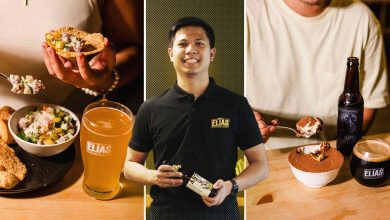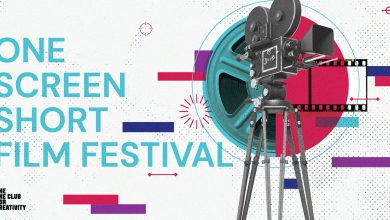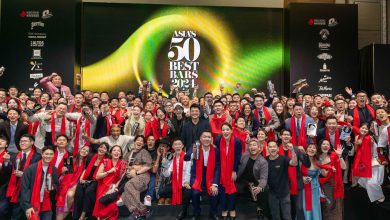PATTAYA, THAILAND — Is artificial intelligence friend or foe? This has been a topic of discussion (and concern) for a lot of industries in recent years, but it’s an even bigger issue for creative fields such as the advertising industry where ideas and innovation are considered measurements of output and success. In light of this, a panel discussion entitled “AI: Ad industry friend or foe?” was hosted on the ADFEST 2024 stage with creative leaders: Guan Hin Tay, BBDO Singapore Creative Chairman; Laurent Thevenet, Publicis Groupe APAC Head of Creative Technology; Karla Henwood, Squeak E. Clean Studios Sydney Executive Creative Producer APAC; and Tyrone Estephan, T&DA Sydney Executive Director.
The panel, moderated by Guan Hin Tay, discussed the large spectrum of AI adaptability among advertisers: some are fully embracing it as a means to future-proof, while others remain skeptical of the artistic integrity and murky legalities that surround these uncharted waters.
AI replacing jobs
Perhaps one of the biggest points of concern around artificial intelligence is the question on whether or not it will replace human intelligence in creativity, with the emergency of Generative AI.
The panel’s quick answer is no.

“In terms of losing jobs, AI will replace a lot of tasks — building blocks of our jobs, the more mundane things. But something it’s not replacing are tasks that require emotional intelligence. It can’t put on humor, empathy,” Tyrone said.
Karla, meanwhile, emphasized AI as a mere tool, and urged creatives to think of it as just another ingredient to use in cooking: “The questions are: How are each of us in our jobs gonna take AI and use it as a tool? As a creative ingredient? How do you take things out of the box, and raise the bar?” She challenged, noting how AI-assisted outputs will only do what it is told to do, without adding extra ideas or creative flairs.
Interestingly, Laurent shared how he found the first wave of AI a lot more fun and exciting: “Right now we’re going into this perfect space, but there’s no additional creativity. We’re just using it to do things faster. I miss that initial emergence of Gen AI when things were not perfect, but more creative and weird. That space, I find very interesting.”
In-build bias
As more and more people explore artificial intelligence, many are also observing the images that it presents as leaning towards specific biases — racial, geographical, gender-based, etc. Because of this, many are labelling the machine as a “biased” platform.
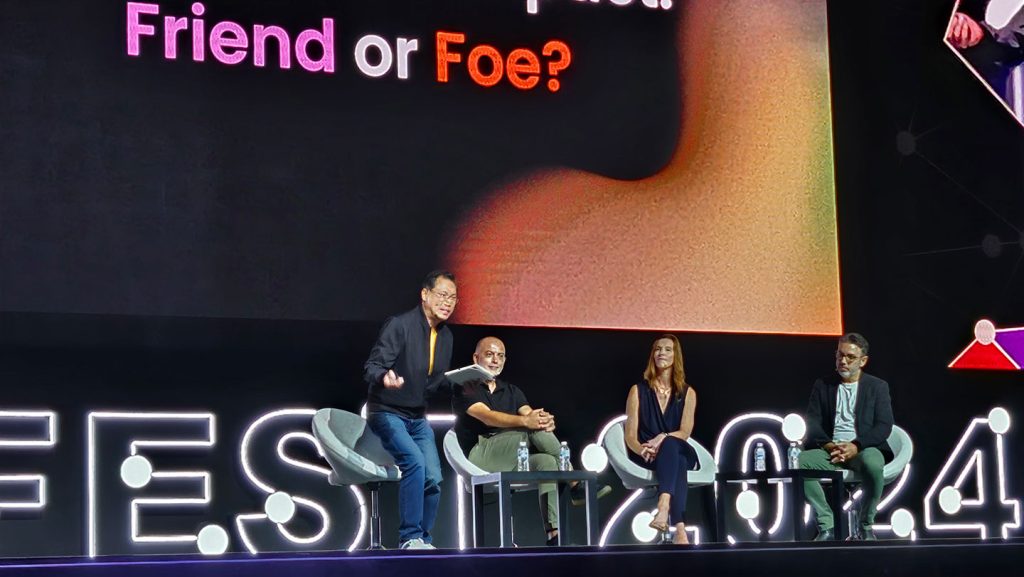
“It’s not the AI that’s biased, it’s the people using that are biased,” Tyrone stated. Again, reflecting Karla’s earlier point on AI only using the things we feed into its system. Therefore, its so-called biases can also only come from the data human beings give it.
“If we’re not challenging the algorithms we are fed, we’re just homogenizing it,” Karla emphasized.
Ethical issues
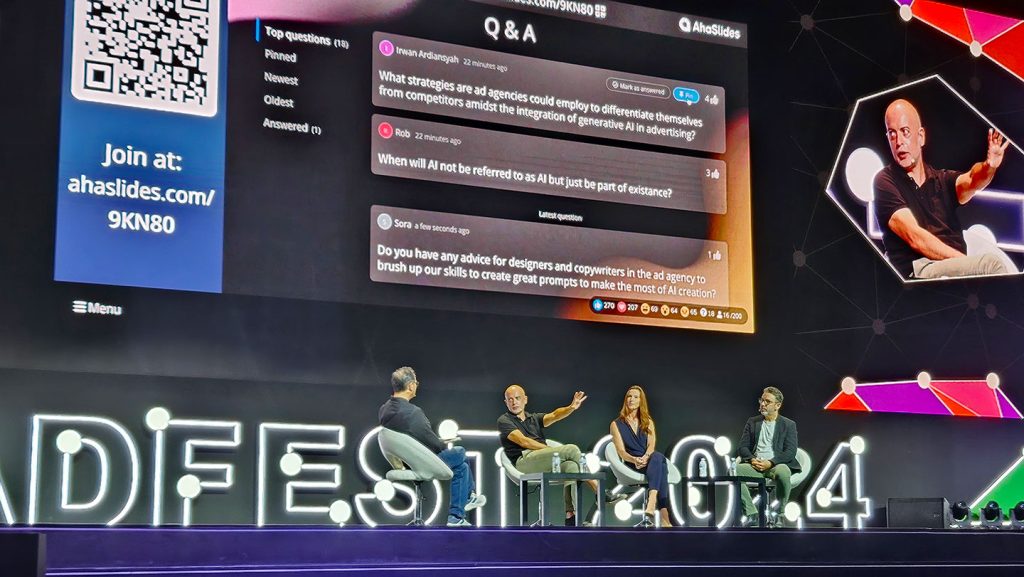
Artists are also heavily impacted by artificial intelligence, as they find that many platforms are freely using their work to generate new music, designs, artworks, etc. Karla mentioned a recent incident where Drake and The Weeknd’s voices were used to produce a whole new track. The song was put down by record label Universal Records for copyright infringement, but, as Karla noted, not every artist has that safety guard to protect them. What about the smaller and independent artists?
“We need to realize the issues and form ethical ideas on how we can move forward without leaving creatives and artists behind,” she underlined.
Laurent also shared the ways the Publicis Groupe network is “future-proofing” around the use of AI: “On the creative side, we’re starting to provide guidelines. [We tell our team], if you really want to use this tool, don’t use it for your production, etc. We’re providing a framework on how to use AI tools [across the network]. At the same time, we’re trying not to limit creativity, because we want to be fair to the artist and the creative.”
AI: Friend or Foe?
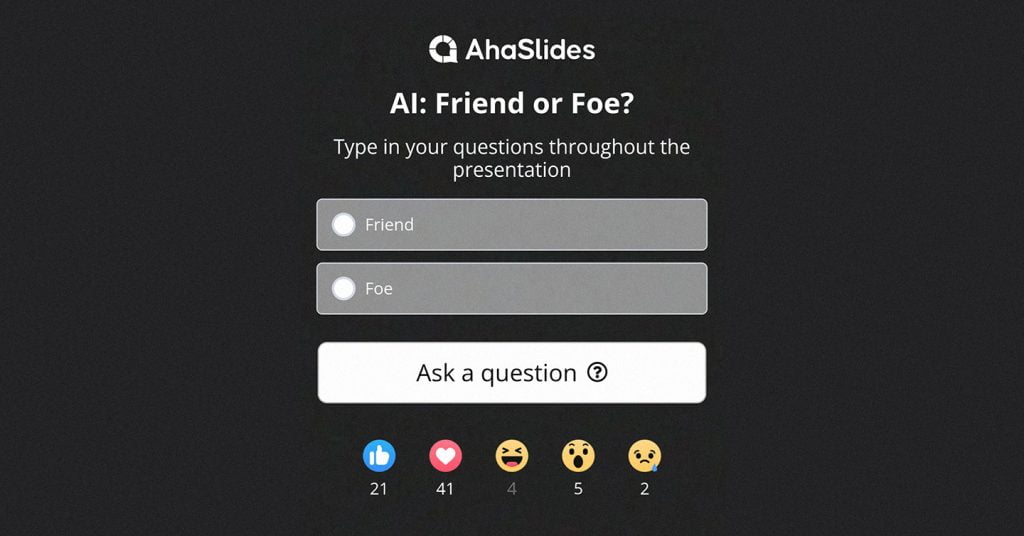
In conclusion, Guan Hin Tay asked the panelists to share some parting pieces of advice on facing this increasingly AI-powered world.
Tyrone shared, “I think it is a revolution that’s happening, and we’re coming from an era of great divisiveness as a humanity. We need to work out what the fundamental rules and principles are of what we want from this tool.”
“I think it’s a frenemy for me,” Karla mused. “It can be a friend if we are ethical and responsible, and we can move forward without fear. It’s all about advancing our own creativity and spaces to make sure we still have jobs in the future.”
Lastly, Laurent put it plain and simple: “Don’t compete with machines. Don’t try to do the same things that the machine is doing.”
adobo Magazine is an official media partner of ADFEST 2024.




